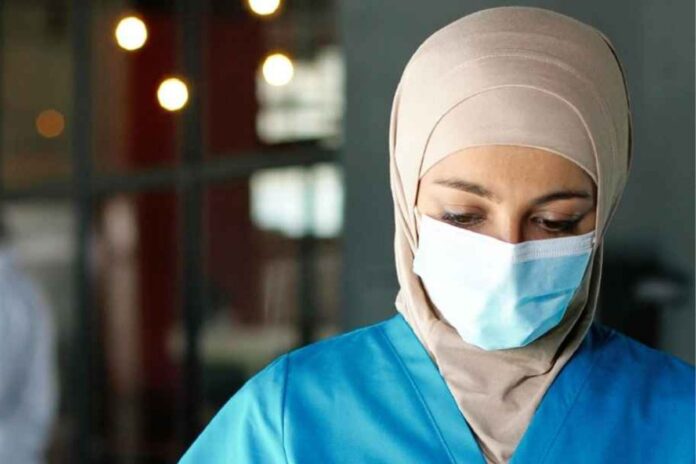The 3rd annual conference organised by the Emirates Society of Clinical Microbiology kicked off today at Mohammed bin Rashid University for Medicine and Health Sciences (MBRU) in Dubai.
The three-day event, held under the patronage of the Emirates Medical Association, features prominent speakers and experts in the field.
Day 1 of the event saw Dr. Jens Thomsen, Chair of the conference’s organising committee and President of the Emirates Society of Clinical Microbiology (ESCM), present an in-depth discussion on the patterns and trends of antimicrobial resistance (AMR) surveillance in the UAE.
Dr. Thomsen emphasised the critical role of AMR surveillance in guiding clinical decision-making, tracking resistance trends in infections, and providing essential epidemiological data to understand the impact of AMR on public health and the effectiveness of control measures within healthcare facilities and the community.
“AMR surveillance and Antibiotic Stewardship Programmes (ASP) are essential tools and interventions for slowing the emergence and spread of drug-resistant microorganisms in humans, animals, plants, and the environment. Currently, 45 clinical microbiology laboratories and 341 surveillance sites such as hospitals, centres and clinics participate in the UAE’s national AMR surveillance,”
said Dr Thomsen.
Analysing the data, Dr. Thomsen observed an overall long-term increase in antibiotic resistance levels in the UAE over the last 13 years but clarified that for some clinically relevant bug-drug combinations it has stabilised or even decreased in more recent years.
He indicated that stability could be a result of the growing awareness among healthcare professionals and governments in the country, improved antibiotic stewardship programmes, and other factors.
Furthermore, he highlighted the emerging trend of Candida auris, a highly problematic pathogen since 2018, which has been challenging to identify with standard laboratory methods.
“There is an emerging trend of Candida auris which has been observed since 2018 as it emerged in many places in the world, and we found it in the region and UAE. It can persist on surfaces for extended periods and is often resistant to Fluconazole, which limits therapeutic options. Furthermore, it is resistant to quaternary ammonium compounds used in hospital disinfectants,”
he added.
In addition to the conference, a pre-conference workshop on generating a Cumulative Antibiogram and data analysis took place on the preceding Friday.
Dr. Thomsen stressed the importance of data analysis, which aids physicians in selecting the right antibiotics from the outset, leading to faster patient recovery and reduced mortality rates, particularly for life-threatening infections.
“If the physicians give the right antibiotic from the beginning, patients will benefit much faster and better. It helps to reduce time of treatment.”
The 3rd annual conference, organised in collaboration with the American Society for Microbiology, drew over 437 participants, including 27 national and 10 international speakers, delegates, experts, scientists, physicians, microbiology professionals, students, and industry specialists. The conference provided a platform for sharing the latest research, findings, experiences, and guidelines in the field of clinical microbiology.
The conference’s agenda comprises 36 lectures covering an array of emerging topics and addressing the industry’s latest developments and challenges.
The first day of the conference covered subjects such as antimicrobial stewardship, ventilator-associated pneumonia, climate change and environmental antimicrobial resistance (AMR), and a competition for the best abstract.
The sessions delved into topics like antibacterial stewardship, the role of microbiology in achieving UN sustainable development goals, climate change’s impact on AMR, and the global studies exploring the connection between air pollution and COVID-19.
News Source: Emirates News Agency
